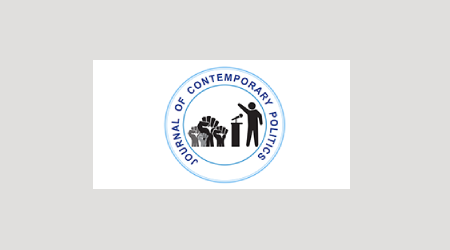


Journal of Contemporary Politics
DOI: 10.53989/jcp.v2i3.23.surendra
Year: 2023, Volume: 2, Issue: 3, Pages: 88-96
Original Article
S Y Surendra Kumar ✉ 1
Received Date:08 May 2023, Accepted Date:11 July 2023, Published Date:28 August 2023
India has been successful in sustaining the ethos and functioning of parliamentary democracy for more than 70 years, which is undoubtedly an achievement. India’s experiment with parliamentary democracy has succeeded in influencing its neighbours to endorse such a form of democracy. However, since the past few decades, the functioning of the Indian Parliament has been witnessing a transformation in terms of its composition; the number of parliamentary sittings held and the time spent; debates and the passing of bills; issue of ordinances; increasing disruption of sessions and so on. This article attempts to critically analyse the performance of the Indian Parliament since 2004 onwards and the way forward. If effective measures are not initiated to prevent the decline in its functioning, it would not only lead to the failure of the institutions of democracy, but democracy itself.
Keywords
Parliament, India, South Asia, Disruption, Bills, Democracy
© 2023 Published by Bangalore University. This is an open-access article under the CC BY license (https://creativecommons.org/licenses/by/4.0/)
Subscribe now for latest articles and news.